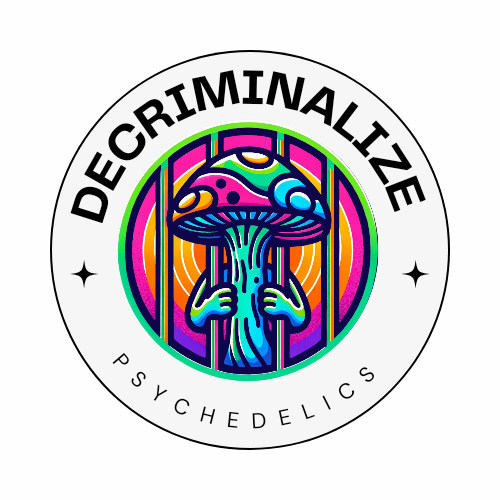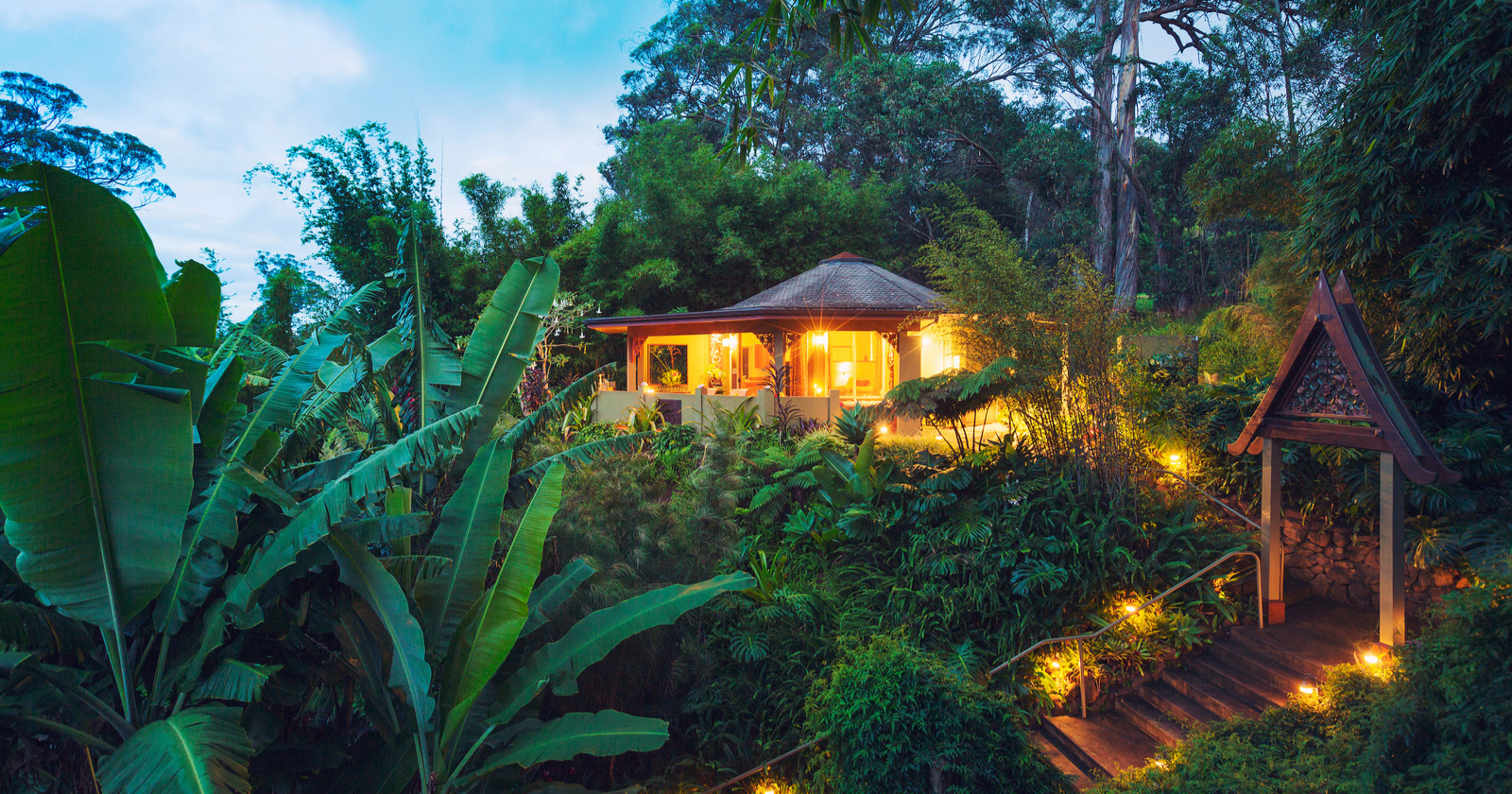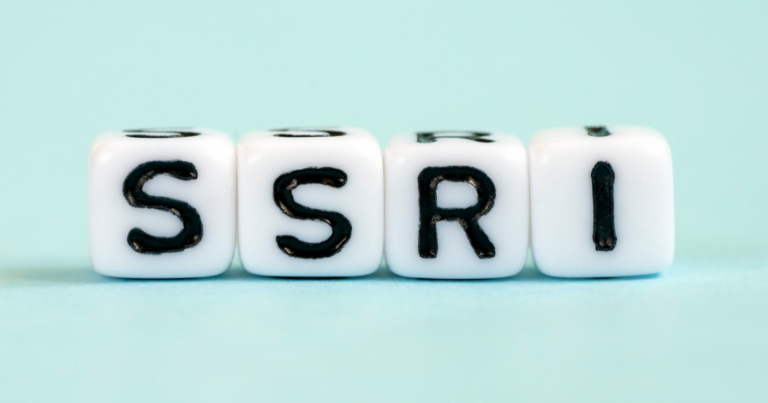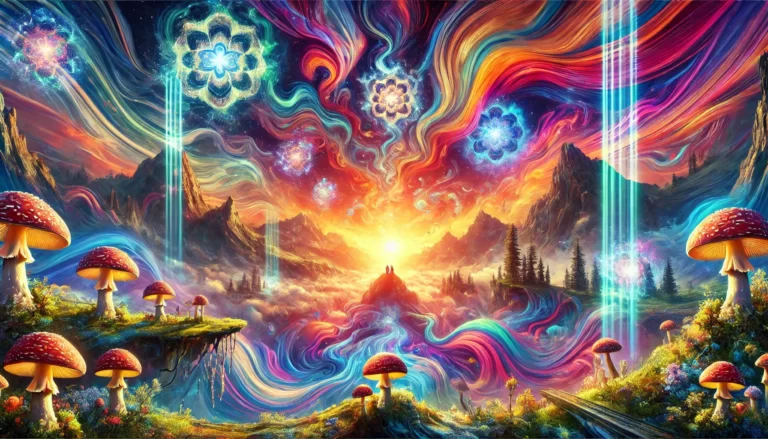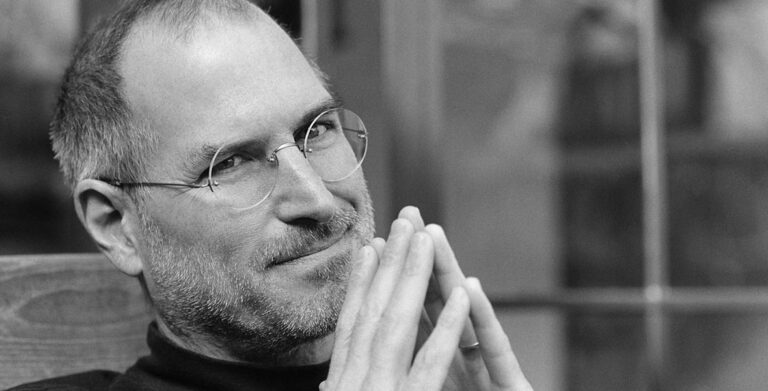In the world of psychedelic mental health treatments, the drug itself is not all that matters. Rather, key factors like set and setting play a primary role.
This might not be immediately apparent. We live in a time when mental health is often reduced to simple chemistry – an imbalance of neurotransmitters solved by a pill.
But when it comes to psychedelics, the situation is far more nuanced.
What matters even more than the drug are the set and setting in which it’s taken. This means that the substance does play a role, but only as part of a larger holistic approach that includes your mindset (set) and physical and social environment (setting) at the time of use.
Let’s explore this further.
Psychedelics are not a panacea
Reflect on the world of psychedelic mental health treatments for a moment. The substances themselves – whether LSD, psilocybin, or MDMA – don’t miraculously heal the mind. These substances are catalysts that facilitate deep psychological exploration and introspection.
It’s essential to surrender the illusion that merely ingesting a pill or substance will cure mental ailments. Your mindset (set) and environment (setting) at the time of use play a significant role, and their impact is most potent when they are carefully thought out and planned. When you prepare for the journey.
If you can move away from viewing psychedelics as a magic bullet and start creating the right conditions in your life for their use – a positive mindset and a safe, supportive environment – the potential benefits of these substances will become apparent in your life. You won’t need to force the healing process.
You will be able to relinquish control over your healing journey.
Psychedelic experiences aren’t always pleasant
This revelation emerged from diving deep into the realm of psychedelic experiences.
Most guides on psychedelics might emphasize the stunning visuals, profound insights, and feelings of interconnectedness. While these aspects are certainly part of the psychedelic experience, they don’t paint the whole picture.
Indeed, true psychedelic journeys often involve confronting difficult emotions and situations. As renowned psychedelic researcher Stanislav Grof suggests:
“Experience your mind. Don’t interfere – no attempt to steer thoughts or suppress emotions – just observe whatever your mind is up to. Don’t interfere, don’t restrain it, don’t suppress it; don’t exert any effort at all on your part. You just be an observer, and the miracle of observation is the journey. As you observe, gradually your mind becomes void of thoughts; but you’re not unconscious, you are becoming more alert, more conscious.”
When you endeavor to only have “positive” trips, you give too much power to your expectations. You surrender your instinctive adaptability.
Now, I assign less significance to expectations. Sometimes a psychedelic journey is challenging. Other times it’s filled with joy and awe. I don’t fret about this anymore.
Set and setting are not just physical
This one was a bit of a revelation for me.
“Set” is often interpreted as merely your mental state going into the experience. But the reality is that it’s more than just your current mood or mindset.
Allow me to illustrate.
Consider your life right now. Your past experiences have shaped you. Your current circumstances influence your thoughts and emotions. Your hopes and dreams for the future guide your actions. These are all part of your “set”.
Being human means acknowledging that you’re not just a product of the present moment. You carry with you a history, a context that informs your reality.
It’s crucial to let go of the oversimplification that “set” only refers to your immediate mental state. It doesn’t.
It’s a complex interplay of past experiences, present circumstances, and future aspirations, and its influence is most profound when it’s considered holistically.
If you can stop focusing solely on your immediate mindset and start considering the broader context of your life, your psychedelic experiences will become richer and more insightful. You won’t need to force a particular outcome.
You will be able to give up on controlling your “set”.
Psychedelics don’t provide answers, they provoke questions
I started this article focusing on the role of set and setting in psychedelic treatments.
Interestingly, set and setting also shape the questions that arise during a psychedelic experience.
In my observations, I’ve noticed that individuals often approach psychedelics seeking definitive answers. They crave a clear-cut solution to their existential angst or psychological issues.
Their intentions are noble. Psychedelics do have the potential to offer profound insights and catalyze transformative changes.
However, when individuals become fixated on a specific outcome, they risk overlooking the intrinsic value of the journey itself. They may become impatient with the process, feeling frustrated or disappointed when the answers don’t come as expected.
If they judged their experiences solely on their initial intentions, they might deem their psychedelic journeys as failures.
Instead, by not fixating on predetermined outcomes, they are more able to engage with the questions that emerge during their experiences and explore them further. They are learning to embrace uncertainty and appreciate the explorative nature of psychedelics.
Psychedelics don’t provide answers as much as they provoke questions. What matters is not the preconceived expectations, but the willingness to delve into the unknown.
Integration is just as crucial as the experience itself
A personal story might help to illustrate this point.
Several years ago, I had my first psychedelic experience. Like many, I was seeking answers, healing, and transformation.
The experience itself was profound, filled with intricate visuals, deep emotions, and profound insights. I felt a connection to everything that I had never felt before.
But, once the effects wore off and I returned to my normal life, I found it challenging to make sense of it all. The profound insights that felt so clear during the experience were now elusive and hard to grasp. I struggled to integrate these insights into my daily life.
That’s when I realized that the psychedelic experience itself is only half of the journey. What follows – the integration process – is just as crucial. It’s during this time that we make sense of our experiences and find ways to incorporate our insights into our everyday lives.
Now, I pay just as much attention to the integration process as I do to preparing for the experience itself. And in doing so, my psychedelic journeys have become much more valuable and transformative in the long run.
Psychedelics have been used for centuries
Psychedelics are not a new phenomenon. They have been utilized by various cultures around the world for thousands of years. Indigenous communities from the Amazon to the plains of Africa have harnessed the power of these substances in their spiritual and healing practices.
Here’s the key point:
This historical context invites us to reflect on our approach to psychedelic use. It urges us to appreciate the wisdom passed down through generations and to respect the sacredness of these substances.
For those embarking on their psychedelic journey, this knowledge can provide a sense of continuity. It’s a reminder that we are part of a broader narrative, a tradition that spans centuries and encompasses numerous cultures.
Recognizing the historical use of psychedelics encourages us to consider our experiences as part of a larger context and can instill a sense of respect and reverence for these powerful substances.
Final thoughts: It’s more than just a trip
The complexities of psychedelic mental health treatments extend far beyond the simple act of ingesting a substance.
One such complexity lies within the delicate interplay of set and setting.
These two factors, deeply ingrained in the human psyche and environment, carry significant weight in shaping a psychedelic journey.
For those embarking on these journeys, the set and setting might be the key to unlocking profound transformations. They can potentially guide an individual towards deep introspection, heightened self-awareness, and ultimately, healing.
Whether it’s preparing one’s mindset for the experience, setting up a nurturing environment, or learning to let go of expectations, the underlying psychology and sociology could be enhancing the therapeutic potential of psychedelics.
Our understanding of psychedelics has come a long way since the days of Timothy Leary and his mantra of “set and setting”. Today, we understand that these factors are not merely adjuncts to the experience but integral components that shape our journeys in profound ways.
As we continue to explore the therapeutic potential of psychedelics, let’s remember to pay homage to the importance of set and setting. After all, these journeys are more than just trips; they are deeply personal explorations into our own minds and hearts.
